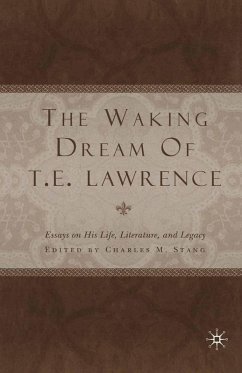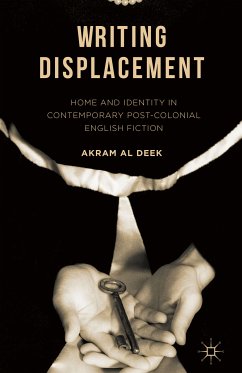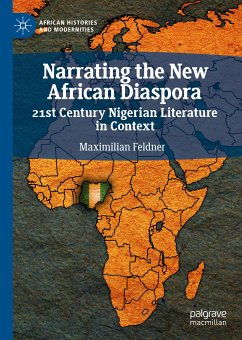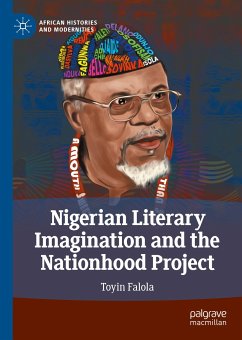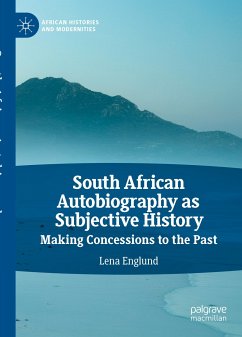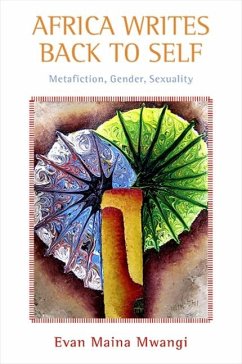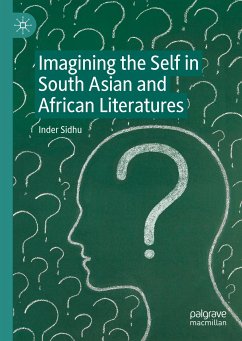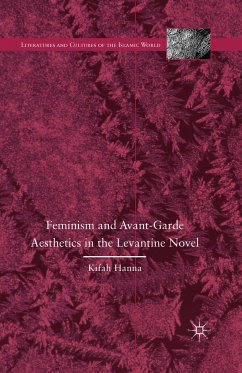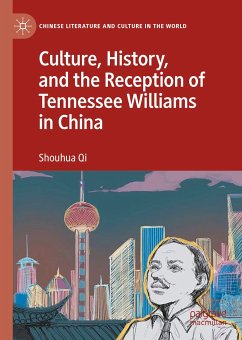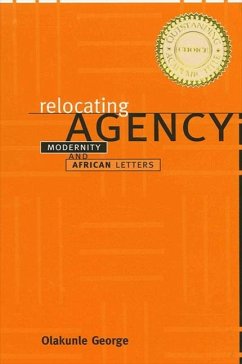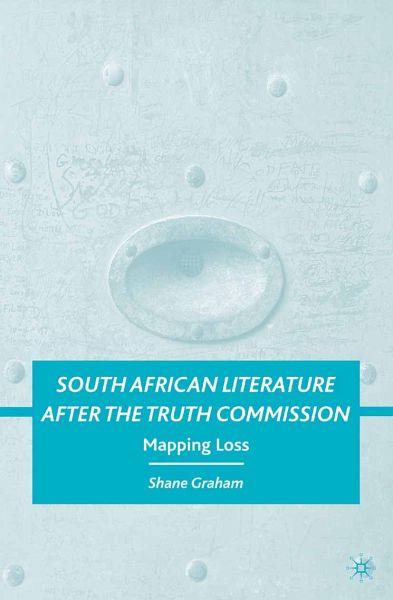
South African Literature after the Truth Commission (eBook, PDF)
Mapping Loss
Versandkostenfrei!
Sofort per Download lieferbar
40,95 €
inkl. MwSt.
Weitere Ausgaben:

PAYBACK Punkte
20 °P sammeln!
This book studies a broad and ambitious selection of contemporary South African literature, fiction, drama, poetry, and memoir to make sense of the ways in which these works 'remap' the intersections of memory, space/place, and the body, as they explore the legacy of apartheid.
Dieser Download kann aus rechtlichen Gründen nur mit Rechnungsadresse in A, B, BG, CY, CZ, D, DK, EW, E, FIN, F, GR, HR, H, IRL, I, LT, L, LR, M, NL, PL, P, R, S, SLO, SK ausgeliefert werden.



